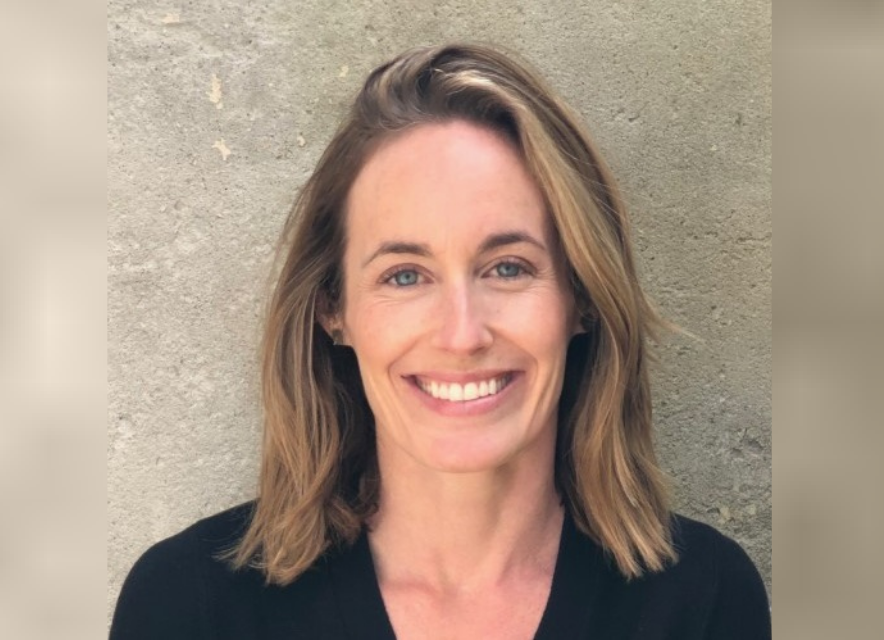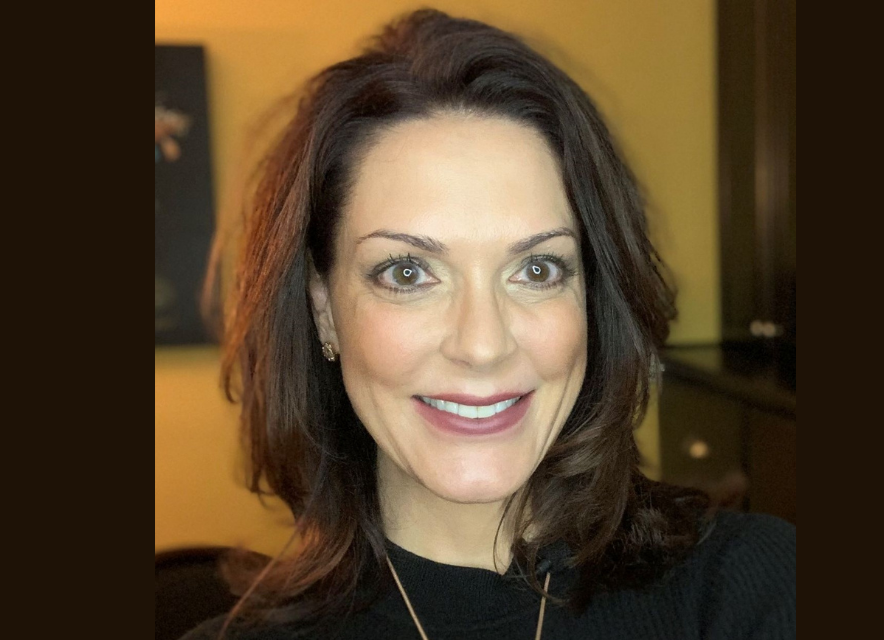Podcast: Play in new window | Download
Subscribe: RSS
Steve Wershing is the author of Stop Asking for Referrals: A Revolutionary New Strategy for Building a Financial Services Business That Sells Itself. As President of The Client Driven Practice, he teaches advisors how to develop their brand, focusing their business on what clients value most and make it the center of their communication strategy, resulting in elevated productivity, higher profitability, and dramatically increased referrals.
Takeaway Quote:
“If you ever want to shutdown conversation at a cocktail party, just say I’m a financial advisor.”
Show Timeline:
1:41 What it means to ‘train’ clients to refer
Most clients are comfortable referring, many refer, our job is to help them do it effectively
3:33 Why clients refer
Good service is not enough; clients refer to help others
4:17 Helping clients take action
Let them know you’re looking for new clients, and exactly what you do best
5:46 Case study #1
Example of a real-life situation with opportunity for a referral
6:59 Don’t speak in demographics, speak in situations and processes
Make sure clients walk away knowing what problems you can solve; qualification comes later
8:06 How to let clients know you’re open for business
Examples of referral-driving strategies – what works and what doesn’t
11:52 Challenge of defining one’s target market
Difference between ‘target’ and ‘niche’, and why it matters in increasing referrals
15:18 Training yourself first
Make sure you have focus and area of specialty, then communicate it clearly
17:19 Case study #2
Example of an advisor with a specialty he was not communicating
20:09 How to begin the conversation with clients
Sound un-scripted by having a script! Then test it with clients
24:17 Ask clients to describe your differentiator
Understand the referral gap, give them the language to use in real-life scenarios
25:48 Which clients to train
Benefits of using the approach with all clients
26:46 Importance of a singular niche in today’s climate
The Google effect and why your message needs to be clear
28:11 Reinforcing the message over time
Client stories, educational content specific to your niche
30:02 Three steps to get started
Identify your niche (not investment strategy) and articulate it, create positioning statement, test it
31:39 How to engage clients further
Describe your process, use graphics, let clients discover something and have a conversation about it
Links:
Website: www.theclientdrivenpractice.com
Twitter: www.twitter.com/swershing
LinkedIn: www.linkedin.com/in/stephenwershing
Book: Stop Asking for Referrals: A Revolutionary New Strategy for Building a Financial Service Business that Sells Itself
Free Guide to developing a powerful positioning statement: get.clientdriven.solutions/10-steps/
Want more?
Stephen Wershing: www.TheClientDrivenPractice.com/checklistblog
Julie Littlechild: www.absoluteengagement.com/blog
Episode Transcript:
Julie Littlechild: Now in today’s conversation you are going to learn a whole range of things but in particular there were a few things that I thought were really important. First, you’ll talk about how to train your clients to be better referral sources, what to say to clients to get them to describe you in a more compelling fashion and why your niche should be the first thing you say when someone asks you what you do and with that, let’s go and hear from Steve Wershing. Steve, welcome. So good to talk to you today. Steve Wershing: Julie Littlechild: Steve Wershing: Julie Littlechild: Steve Wershing: Julie Littlechild: Steve Wershing: Julie Littlechild: Steve Wershing:
Welcome to another episode of Becoming Referable, the podcast that helps you be the kind of advisor people can’t stop talking about. I’m Julie Littlechild, the founder of Absolute Engagement.com and today I’m really thrilled to be talking to my co-host Steve Wershing. Steve is a coach to advisors on clarifying their target market, articulating their niche, and designing communication strategies that really help to bring in more referrals, more referrals than they’ve ever had before. He has an amazing book called Stop Asking for Referrals which was published by McGraw Hill and has been called one of the best marketing books in the financial planning industry. He’s also a founding partner along with yours truly of the Third Wave Collaborative which is a consortium of industry leaders engaged in uncovering the new fundamentals in the profession of financial advice. He’s a top-rated speaker and acclaimed coach and a pretty good West Coach swing dancer which not everybody knows.
Good to talk to you. I’m very excited to work with you on this.
Absolutely. So look, today we are talking about how to train your clients to refer more effectively. So I’ve got to ask you about that word ‘train’ because I’ve trained dogs before.
Yep.
You’ve suggested we need to train our clients. What exactly do you mean by that?
Well, do your dogs refer you more frequently? Is that working out for you?
You know in fact they don’t so maybe I’m not doing a very good job at that.
No. Well, then I think you should hire me. Exactly. So yeah, obviously, our clients aren’t coming to us to get trained as much as advisors will sometimes say well, I educate my clients. That’s fine but you found in your research that our clients want to refer us and they do in fact refer us a lot more than most advisors realize. In your last survey, what was the number of people that are willing to refer or likely to refer?
Yeah, we’ve got the comfort referring and that’s upwards of 90%. So the vast majority of clients say they are in fact very comfortable referring and some say, probably 80% or so, say they’re willing.
Yeah, and a bigger number than most advisors would think are actually referring but very few of those actually get through to the advisor. Almost a third, so between a quarter and a third of your clients report that they’ve referred their advisor in the past year but it looks more like between 3% and 5% are actually getting through. So your clients are willing to refer. They’re more than happy to help you out that way. Our job and my perspective on referral marketing is it’s largely just helping the clients do it more effectively and so you can give people tools, you can give them ideas, you can suggest to them ways of describing you and what you do so that hewn they do it, when they do what they’re already doing, they do it more effectively and that’s what I mean by training.Read more







Very nice interview! I particularly like the idea about how you “test” your value proposition with your clients. Starts at 21:33 in the interview – but the entire conversation is good.